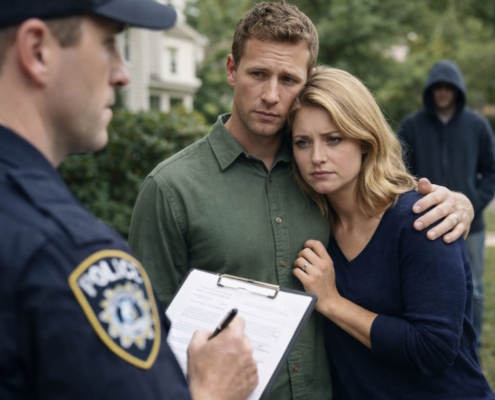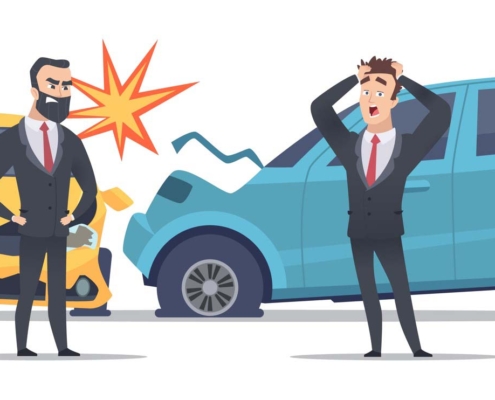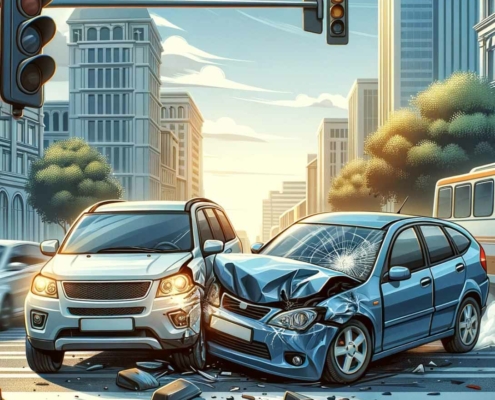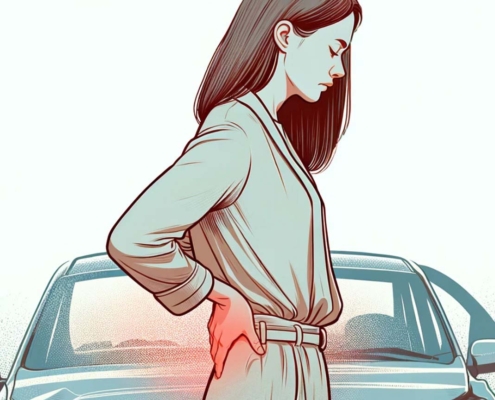Who is most likely to molest children?
Research shows that 25% of U.S. children are sexually abused before their 18th birthday. In most cases, children are preyed on by their own family members or by persons they know very well, like relatives, family friends, or neighbors. One study reveals that one out of every 10 men has sexually abused a child.
The rate of child molestation is very high but only 16% of victims are able to tell someone about it and only 3% of culprits are caught and prosecuted. Most offenders remain unpunished for years and keep on victimizing children.
These facts make it binding on us all that we adults – parents, teachers, caretakers, and community members – educate ourselves about sexual abuse and child molestation to improve our ability to protect children. It is important that we understand how “normal” the predators look and how easily they can get access to children and make them into believing the sexual abuse is “ok.”
Many offenders even make children think that it is they who are actually responsible for the abuse. This makes it very hard for the children to tell anyone what is happening with them as they start feeling guilty.
Typical Child Molester
In their appearance and usual conduct, child molesters are very much the same as other people and they belong to all age, sex, and social groups:
- Your child’s predator may be well known and even liked by you and your child.
- The predator can be a man or woman, single or married.
- He or she can be an adult, adolescent or child.
- They can be of any race and religion and may have any sexual preference.
- They can be a family member (parent, sibling, grandparent, stepparent), a relative (an uncle or aunt, a cousin), or a family friend. The predator can also be a babysitter, clergyman, teacher or anyone who comes in contact with your children.
- They are likely to be financially stable and respected community members.
- Their education and intelligence don’t refrain them from preying on your child.
Simply put, your child’s predator can be anybody. Parents and community members can defeat the predator if they work together. The best defense is to educate yourself and members of your family and community.

































